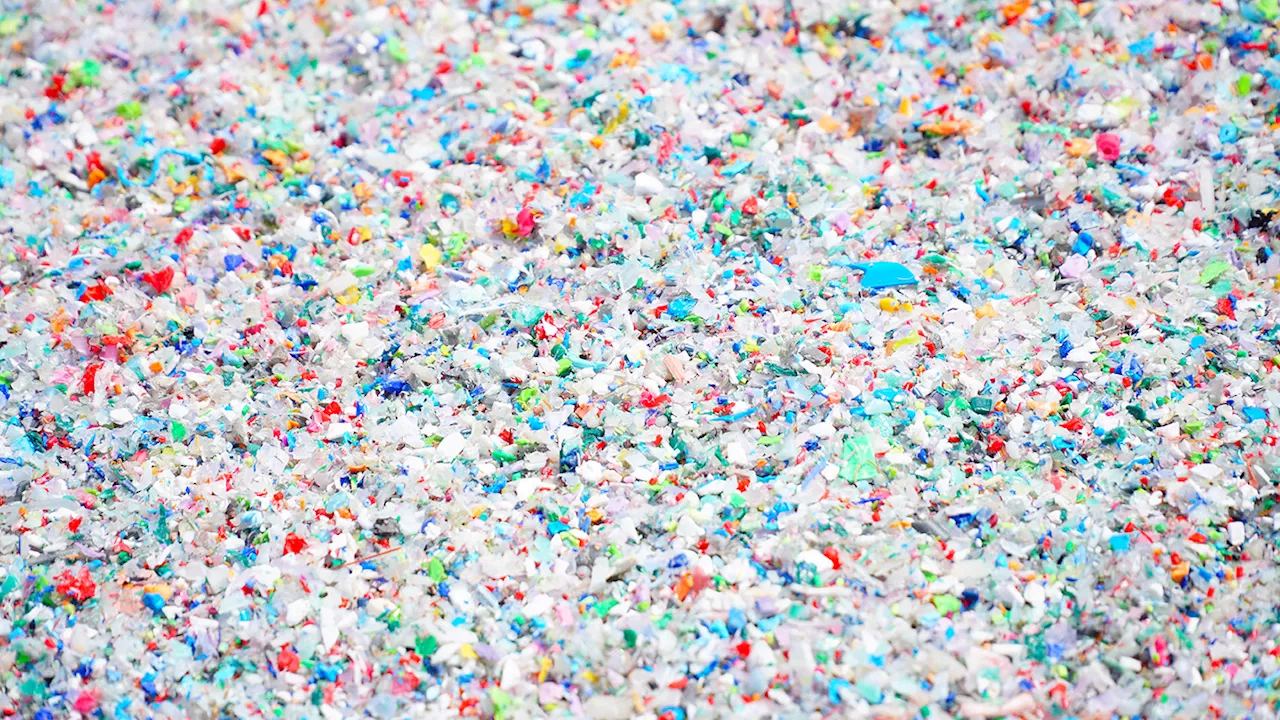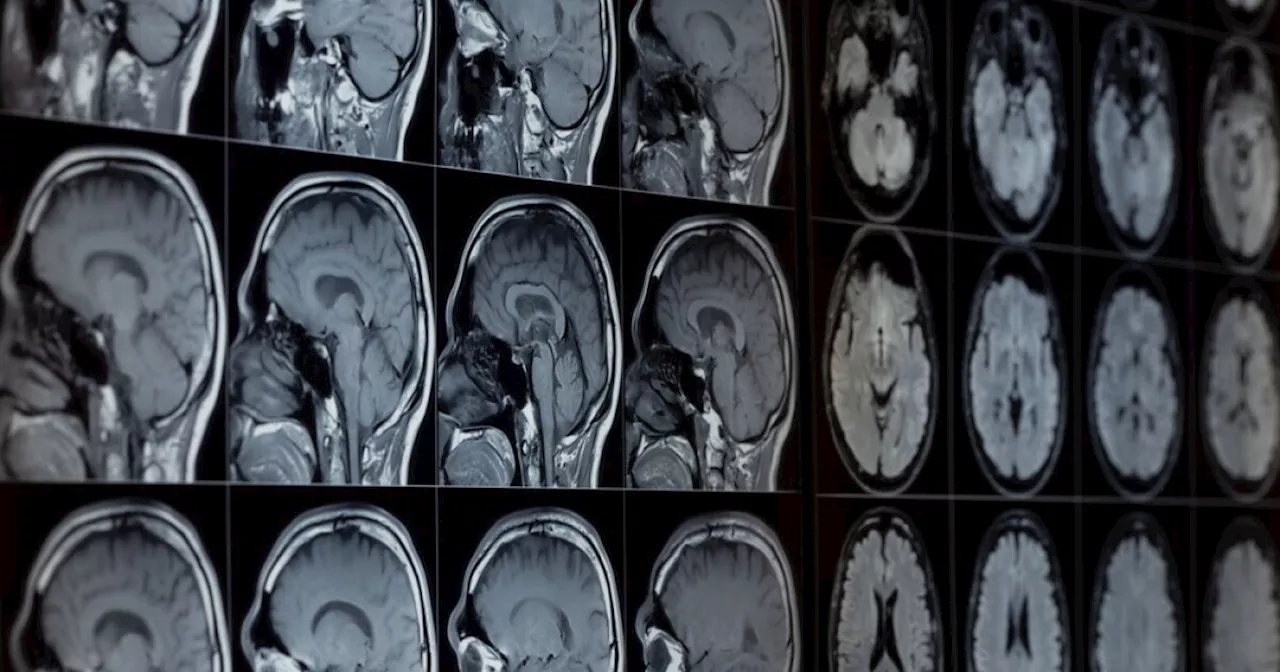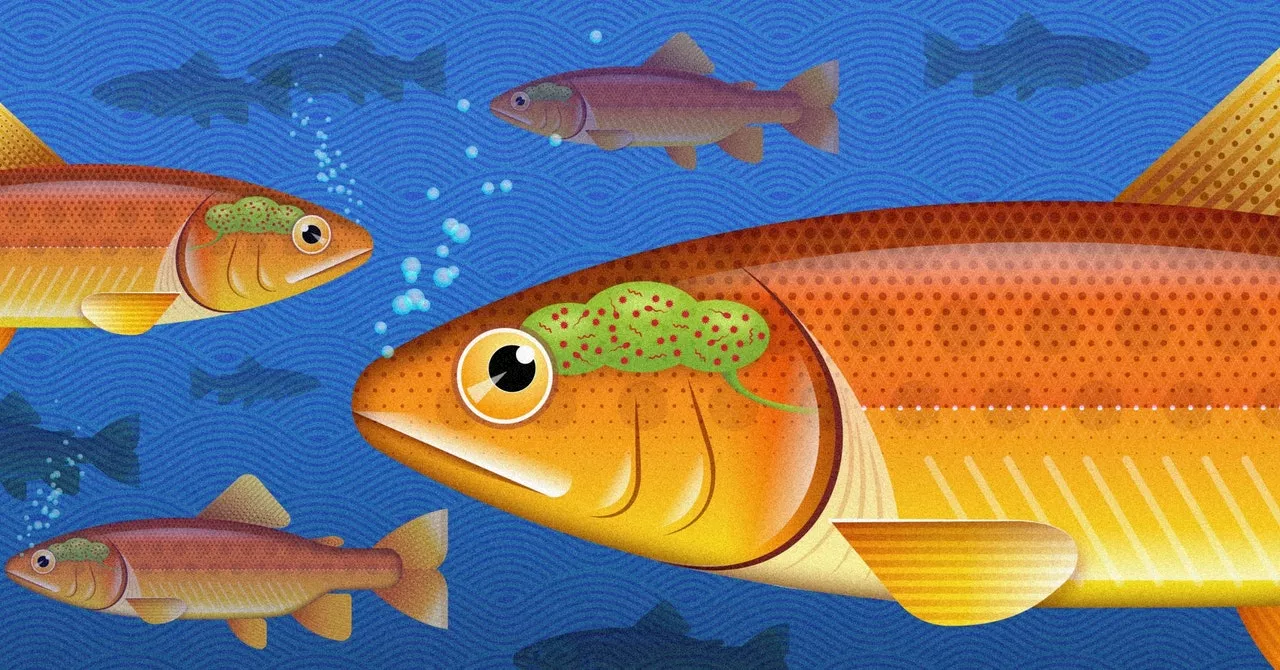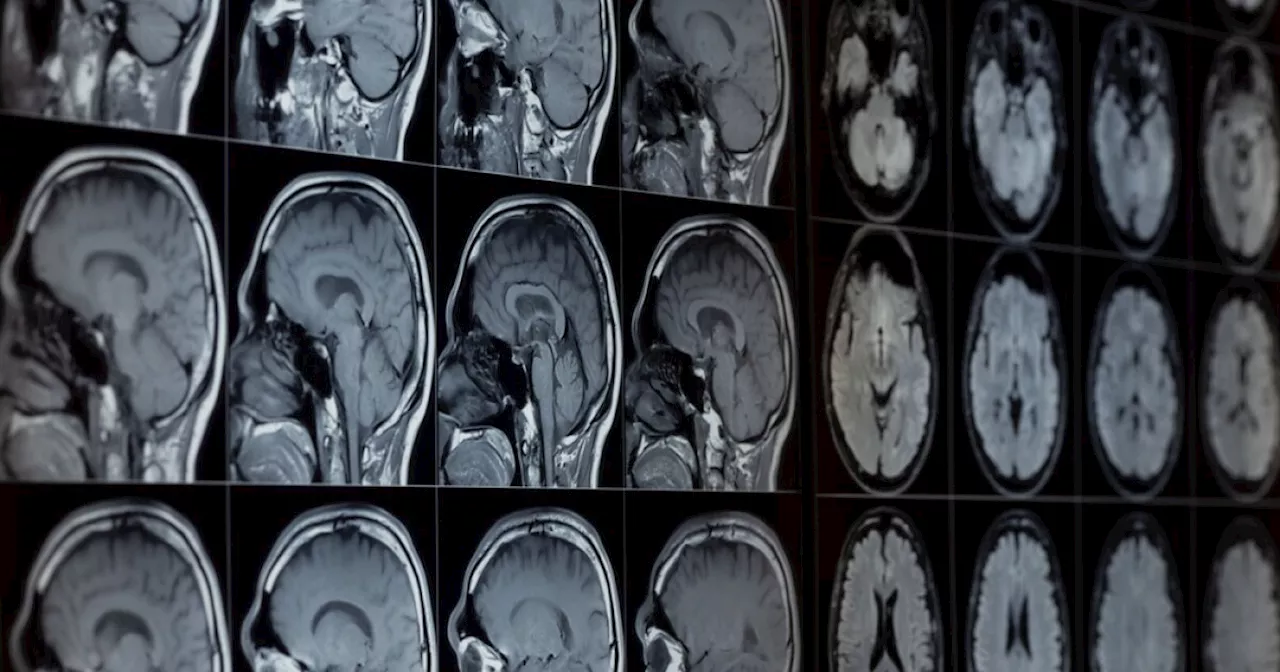A new study reveals that brain tissue contains significantly higher levels of microplastics compared to other organs like the liver and kidneys. The research, which analyzed samples from 47 cadavers, found an average of 4,800 micrograms of microplastics per gram of brain tissue. While the study doesn't establish a direct link between microplastics and health issues, it raises concerns about the potential impact of plastic pollution on human health.
Brain samples contained 10 times more microplastics than other organs.The study looked at brain samples collected in 2024, finding a 50% increase in microplastics compared to samples collected back in 2016.
Dr. Stephanie Widmer, a board-certified medical toxicologist and emergency medicine physician, who was not involved in the study, told ABC News that the study's findings are not yet cause for major concern. It is also not yet known what specific health risk this amount of microplastics inside a person's blood stream could potentially have, the study says.
Widmer said the study does not prove that microplastics cause diseases, nor does it explain how they enter the brain.
MICROPLASTICS BRAIN HEALTH PLASTIC POLLUTION ENVIRONMENTAL HEALTH HUMAN TISSUE
United States Latest News, United States Headlines
Similar News:You can also read news stories similar to this one that we have collected from other news sources.
 Microplastics and Nanoplastics Found in High Concentrations in Human Brain TissueA new study published in February 2023 reveals the alarming presence of microplastics and nanoplastics in human brain tissue, raising concerns about the potential health implications of these tiny plastic particles. Researchers found significantly higher concentrations of MNPs in brain tissue compared to other organs, challenging the notion that the blood-brain barrier effectively protects the brain from these pollutants. The study also highlights the unexpected shapes and types of plastic found in the brain, suggesting that the long-term effects of microplastic exposure remain largely unknown.
Microplastics and Nanoplastics Found in High Concentrations in Human Brain TissueA new study published in February 2023 reveals the alarming presence of microplastics and nanoplastics in human brain tissue, raising concerns about the potential health implications of these tiny plastic particles. Researchers found significantly higher concentrations of MNPs in brain tissue compared to other organs, challenging the notion that the blood-brain barrier effectively protects the brain from these pollutants. The study also highlights the unexpected shapes and types of plastic found in the brain, suggesting that the long-term effects of microplastic exposure remain largely unknown.
Read more »
 Average Human Brain May Contain Spoonful of Plastic, Study FindsA new study published in Nature Medicine found that the average human brain may contain about seven grams of microplastics, a 50% increase from samples collected nearly a decade ago. The research, which analyzed brain tissue from autopsies, also found higher concentrations of polyethylene, commonly used in bottles and films, in brain microplastics compared to those found in liver and kidney samples.
Average Human Brain May Contain Spoonful of Plastic, Study FindsA new study published in Nature Medicine found that the average human brain may contain about seven grams of microplastics, a 50% increase from samples collected nearly a decade ago. The research, which analyzed brain tissue from autopsies, also found higher concentrations of polyethylene, commonly used in bottles and films, in brain microplastics compared to those found in liver and kidney samples.
Read more »
 Brain tissue may have higher amounts of microplastics than other organs, study findsBrain samples contained 10 times more microplastics than other organs.
Brain tissue may have higher amounts of microplastics than other organs, study findsBrain samples contained 10 times more microplastics than other organs.
Read more »
 Bacteria Found Thriving in Fish Brains, Raising Questions About Human MicrobiomeRecent research has provided compelling evidence that bacteria can exist in the brains of healthy vertebrates, specifically fish. This challenges the long-held belief that the brain is protected from outside microbial invasion by the blood-brain barrier. The study, published in Science Advances, found diverse communities of bacteria in the brains of salmon and trout, with some species showing adaptations to survive in brain tissue and cross the blood-brain barrier. While fish physiology differs from humans, this discovery raises intriguing possibilities about the existence of a human brain microbiome and its potential impact on neurobiology.
Bacteria Found Thriving in Fish Brains, Raising Questions About Human MicrobiomeRecent research has provided compelling evidence that bacteria can exist in the brains of healthy vertebrates, specifically fish. This challenges the long-held belief that the brain is protected from outside microbial invasion by the blood-brain barrier. The study, published in Science Advances, found diverse communities of bacteria in the brains of salmon and trout, with some species showing adaptations to survive in brain tissue and cross the blood-brain barrier. While fish physiology differs from humans, this discovery raises intriguing possibilities about the existence of a human brain microbiome and its potential impact on neurobiology.
Read more »
 Study Finds Average Human Brain May Contain a Teaspoon of PlasticA new study published in Nature Medicine found that the average human brain may contain a spoonful of plastic. Researchers analyzed brain samples from autopsies conducted between 2016 and 2024 and discovered a 50% increase in microplastics in brain tissue from recent years, totaling about seven grams. While the study doesn't determine the health impacts of these particles, it highlights a concerning trend of increasing plastic accumulation in the human body.
Study Finds Average Human Brain May Contain a Teaspoon of PlasticA new study published in Nature Medicine found that the average human brain may contain a spoonful of plastic. Researchers analyzed brain samples from autopsies conducted between 2016 and 2024 and discovered a 50% increase in microplastics in brain tissue from recent years, totaling about seven grams. While the study doesn't determine the health impacts of these particles, it highlights a concerning trend of increasing plastic accumulation in the human body.
Read more »
 Groundbreaking Study: Gut Bacteria Found to Impact Brain Function and BehaviorA new study published in Nature reveals a previously unknown bacterial species, 'Psychobiotica oculus,' that appears to have a profound influence on brain function and behavior. This discovery could revolutionize mental health treatment by offering new therapeutic approaches targeting the gut microbiome.
Groundbreaking Study: Gut Bacteria Found to Impact Brain Function and BehaviorA new study published in Nature reveals a previously unknown bacterial species, 'Psychobiotica oculus,' that appears to have a profound influence on brain function and behavior. This discovery could revolutionize mental health treatment by offering new therapeutic approaches targeting the gut microbiome.
Read more »
